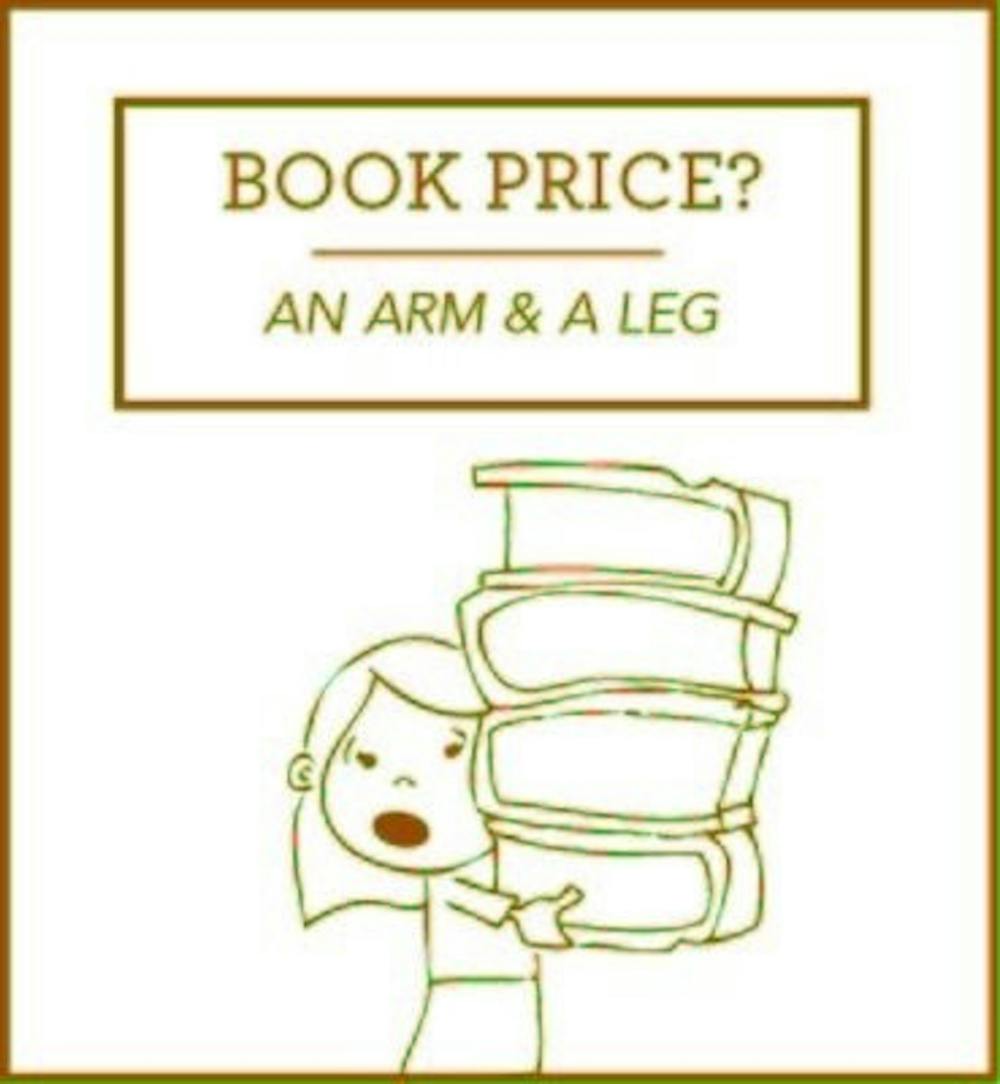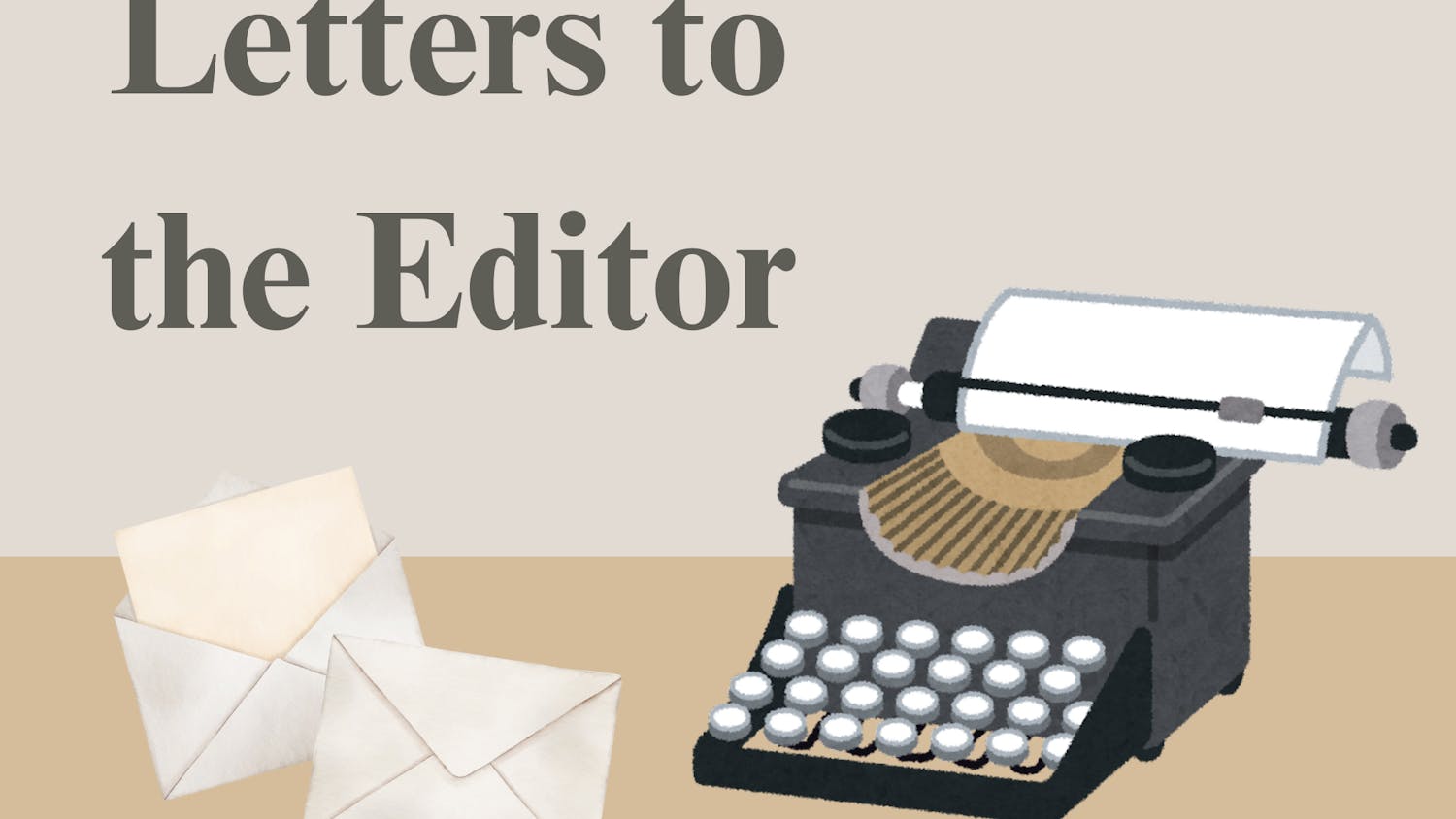We value our limbs. But when we see the price of textbooks skyrocketing, we start to fill our bathtubs with ice. The rate at which textbook prices increase double the rate of inflation. We are starting to get the feeling that buying college textbooks is a scam. We're also getting the feeling that we shouldn't take medical advice from a guy in an alley.
Students don't exactly have a wide array of options when it comes to purchasing books. There are the local bookstores, but they seem to have become more of a tourist attraction than a book store.
It seems odd that off-campus bookstores have the gall to call themselves "bookstores" when you have trek through Auburn memorabilia to get to the books at the back of the store. We are looking at you J&M "Bookstore."
The only option outside bookstores is the Internet. Students can order books from sites like Amazon or Chegg, but there seems to be a quality control issue with ordering textbooks over the Internet. We would prefer our books in one piece and free of promiscuous stains and drippings.
Surely, we thought, the Auburn University Bookstore is at the center of this scheme. But upon further investigation, we found they are doing more to save students money than what we initially gave them credit for... Oops. The bookstore complies with the Higher Education Opportunity Act, which address the cost associated with higher education.
The Bookstore has partnered with software companies that allow them to buy books in bulk online to pass on saving to students. They also offer students rental options, used books, a buyback program and in-store credit. Through this effort, The Bookstore has saved students $1.7 million over the past two years and is still looking for ways to save students money, according to Assistant Bookstore Director Rusty Weldon.
We honestly had no idea. Our lapses in journalistic judgment know no bounds. To be fair, $10 for a book that costs over $100 hardly seems fair. That's barely enough money to go to Skybar and drown our sorrows in... Root beer.
We have discovered the real villains are the publishers. They would have us think used books, the printing expenses and the increased demand for digital content are causing prices to spike. While these claims might loosely be based on reality, the blatant attempts to gouge prices and manipulate their consumers are unacceptable.
Publishers know they have their consumers trapped. Students are, generally, forced to buy the textbook their professor assigns. As a result, publishers set whatever price they want.
New editions published every year with little variation force students to needlessly rebuy books. Publishers justify raising prices by bundling digital content with their textbooks. This software often has an expiration date, which undermines the resale of the book.
The publishers control the market. They raise prices and republish their textbooks on a whim. Professors can help by encouraging students to buy older editions of textbooks. Beyond that, students will have to be smart shoppers and pay attent--Squirrel!
Do you like this story? The Plainsman doesn't accept money from tuition or student fees, and we don't charge a subscription fee. But you can donate to support The Plainsman.





